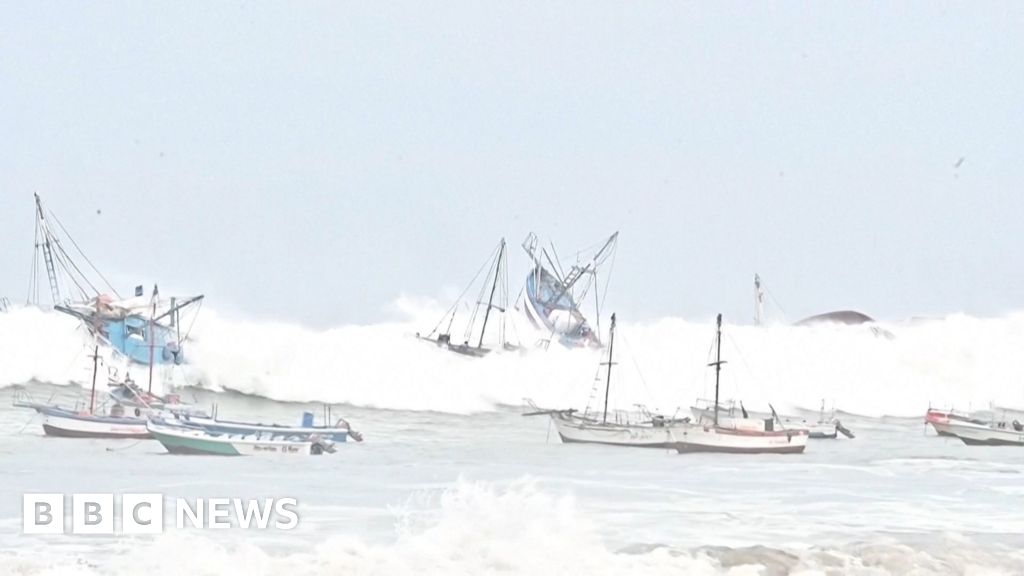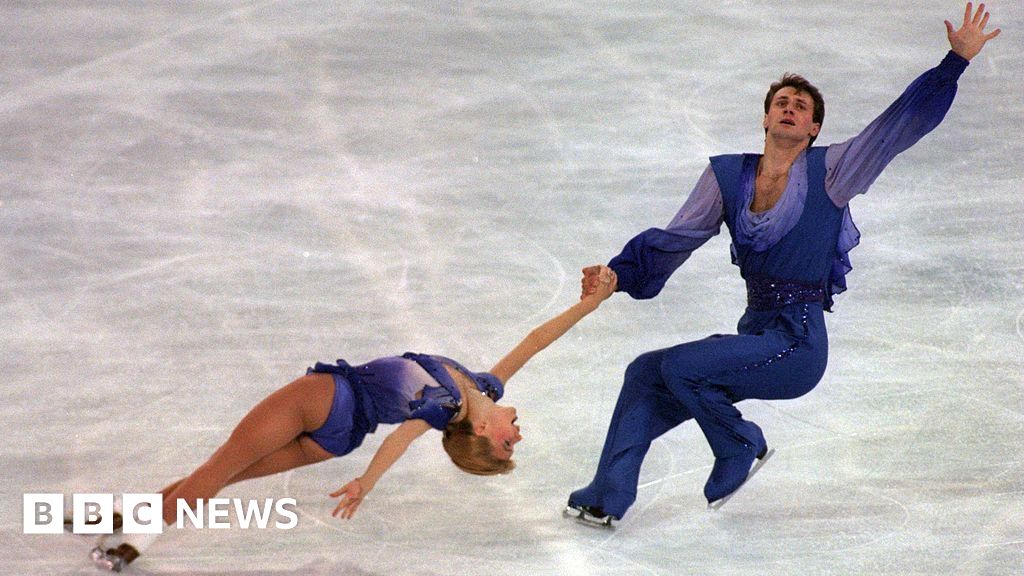Will Israel accept the new UN Gaza ceasefire resolution? | Israel-Palestine conflict News
The United Nations Security Council (UNSC) endorsed a United States-backed ceasefire resolution on Monday in the latest diplomatic effort to end eight months of Israel’s devastating military offensive in the Gaza Strip.
The resolution, which calls for a comprehensive three-phase ceasefire deal, was adopted by 14 members of the UNSC, with abstention from Russia.
US President Joe Biden unveiled the peace proposal on May 31. Before that, the Biden administration had faced criticism for blocking at least three UNSC resolutions to end the war that has killed more than 37,000 Palestinians and injured about 85,000.
As well as extending diplomatic cover to its closest ally in the Middle East, Washington has also supplied arms and financial aid to Israel, which has been accused of violating international laws.
The US abstained from the last UNSC resolution, which called for a truce, passed in March.
But hours after Monday’s vote, Israel carried out deadly attacks across the Palestinian enclave, raising questions about whether the latest resolution will lead to a permanent ceasefire. A closer look at the resolution tells us more:
What is the UNSC Gaza ceasefire resolution?
It divides the ceasefire into three phases:
- Phase one entails six weeks of negotiations and the release of Israeli captives held in Gaza in exchange for Palestinian prisoners in Israeli jails. “An immediate, full and complete ceasefire” would come into force during this phase. Additionally, Palestinian civilians would be able to return to their homes across Gaza, including the north. This phase would also focus on humanitarian aid for Palestinian civilians in need. Moreover, Israeli forces would withdraw from the “populated areas” of Gaza. If the negotiations exceed the six-week period, the ceasefire would continue.
- Phase two calls for a permanent end to hostilities, the release of any remaining captives and a “full withdrawal” of Israeli forces from Gaza.
- Phase three would involve the reconstruction of Gaza over multiple years and the return of the remains of any deceased captives still in Gaza.
The resolution rejects any demographic or territorial change in Gaza, “including any actions that reduce the territory” of Palestine. A previous draft of the revolution specified that this included “buffer zones” in Gaza, but the language was amended. Palestinians and activists have expressed fears that Israel is planning to expel Palestinians from Gaza, similar to what happened during the Nakba in the late 1940s during the creation of Israel.
What have Hamas and Israel said about the resolution?
The Palestinian group welcomed the resolution, senior Hamas official Sami Abu Zuhri told the Reuters news agency on Tuesday.
“The US administration is facing a real test to carry out its commitments in compelling the occupation to immediately end the war in an implementation of the UN Security Council resolution,” he said.
Hamas leaders want a permanent end to the war, something that Israel has rejected, with Prime Minister Benjamin Netanyahu insisting that Israel will only end the war once it “destroys” Hamas and frees the remaining captives.
Israel’s representative to the UN, Reut Shapir Ben-Naftaly, said the war would not end until Hamas’s capabilities were “dismantled”, raising questions about whether Israel would honour the latest resolution.
Without such a commitment, the resolution would be “very problematic for Hamas,” Hasan Barari, an international affairs professor at Qatar University, told Al Jazeera. “Will Israelis agree to this and will they accept a permanent ceasefire?”
The resolution’s text says Israel has accepted Biden’s May 31 ceasefire proposal and “calls upon Hamas to also accept it”.
“It is implied in all statements coming from the American administration that the initiative is an Israeli one. There was coordination between the White House and the Israeli government over the draft resolution,” Barari said.
But Israeli leaders have lambasted Biden’s peace plan endorsed by the UN. Israeli website Ynetnews reported that the resolution’s wording does not reflect the deal Israel agreed on, which involved Hamas no longer governing Gaza. The website, quoting an unnamed senior Israeli official, said the resolution restricts Israeli freedom of action.
How did countries vote on the Gaza ceasefire resolution?
Fourteen of the 15 UNSC members voted in favour of the resolution, including all 10 non-permanent members – Algeria, Ecuador, Guyana, Japan, Malta, Mozambique, South Korea, Sierra Leone, Slovenia and Switzerland.
The permanent members – the US, the United Kingdom, Russia, China and France – can veto any resolution. Russia helped the resolution through 14-0 by refraining from exercising its veto power.
The representative of Algeria said, “To us, Palestinian lives matter.”
The Switzerland representative echoed the sentiment, bringing up the Palestinian lives lost during Israel’s assault on Nuseirat last week. At least 274 Palestinians were killed in the Israeli raid on the refugee camp to free four captives.
“The catastrophic humanitarian situation is indescribable,” the representative of Japan said.
The UK representative asserted the importance of a rapid increase in humanitarian aid.
Why did Russia abstain?
Russia abstained saying the wording of the resolution lacked “clarity” and that Moscow was not kept “in the loop”.
Vasily Nebenzya, Russia’s ambassador to the UN, questioned the exact terms Israel had agreed to.
“The council should not agree to any agreement that has vague parameters,” he said, without elaborating.
What was China’s stand on the resolution?
While the representative of China said the draft was “ambiguous” in some places, he voted in favour, voicing concern for the rampant deaths of Gaza’s civilians.
He added that China will work towards bringing Israel and Palestine “back to the right track” of the two-state solution.
The international community, including Israel’s main backer the US, support two independent states living side by side for Palestinians and Israelis. But Israel has continued to build Jewish-only settlements on Palestinian lands, which is the biggest obstacle to peace. Israeli Prime Minister Benjamin Netanyahu has boasted of stalling the Oslo Accords, which called for a freeze on settlements, considered illegal under international laws.
How is this resolution different from previous UN resolutions on Gaza?
This resolution features a “permanent ceasefire” as opposed to the previous ones, which called for pauses in fighting.
Additionally, previous resolutions have also not emphasised the withdrawal of Israeli forces from Gaza.
The last resolution, which passed on March 25, saw a last-minute change – from “permanent” ceasefire to the vaguer “lasting and sustainable ceasefire” – upon the request of the US, which communicated that the word “permanent” could jeopardise the vote result, Al Jazeera Arabic’s Rami Ayari posted on X.
The March resolution was put forth by non-permanent UNSC members and called for the cessation of hostilities during the month of Ramadan, of which two weeks were remaining when the resolution passed with 14 votes in favour after the US abstained.
Following the March resolution, Algeria’s ambassador had said it would end “the bloodbath”, but since then more than 5,000 Palestinians have been killed and hundreds of houses left in ruins.
Is a ‘permanent ceasefire’ possible?
The resolution urges Israel and Hamas to take the steps needed for the implementation of a “permanent ceasefire”.
“The problem here is that the implementation of such a resolution depends on the agreement of Hamas and Israel. At the moment, I think that none of them is saying they accept it fully,” Barari said.
Hamas wants a “permanent ceasefire”, while Israel wants the destruction of Hamas as a condition for stopping the war.
“In any case, the political crisis is that Netanyahu has absolutely refused to enter a deal where he commits to ending the war,” said Mairav Zonszein, a senior Israeli analyst with the International Crisis Group (ICG).
From the International Criminal Court (ICC) chief prosecutor seeking arrest warrants for Israeli leaders to the international community rendering Israel’s military offence in Gaza genocidal, this war has hurt the reputation of Israel which many Israelis are concerned about, Zonszein explained.
She said she does not think the US has put enough pressure on Israel or used conditions and aid to make Israel change its behaviour.
“Israel can not wage wars without US aid and support.”
Check out our Latest News and Follow us at Facebook
Original Source







